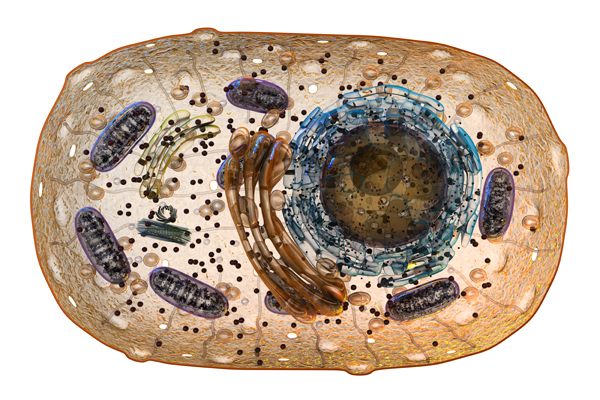Cell Biology
BIOL430

Focuses on the underlying principles and complexities of the living cell
Course Directors: Ilia Droujinine, Danielle Grotjahn, and Hugh Rosen
Term: Winter
Credits: 3.0
COURSE DESCRIPTION
This is a hybrid lecture/literature-based course that exposes students to important concepts and emerging issues related to cell biology. Cells are the fundamental unit of life; thus it follows that an appreciation for the underlying principles and complexities of the living cell is essential for any biomedical researcher. In particular, cell biology is the study of molecules, structural assemblies, and organelles in the context of the whole cell.
The class will be presented with specific weekly topics that cover critical or emerging aspects of cell biology. Each weekly topic will be presented on Tuesday by expert faculty to provide context for the students to understand critical aspects of cellular function highlighted below. Thursday classes will involve student-led discussion on recent literature related to the weekly topic. Students will be asked to identify and discuss the strengths and weaknesses of papers discussed in the class, and to propose “Next Experiments” that arise from the work and the experimental means to address them. Written assignments will include the “Strengths/Weaknesses” and the “Next Experiments” for each paper discussed in class. Furthermore, students will take a final exam that covers the basics from each of the weekly topics as discussed in the faculty lectures.
BROAD OBJECTIVES
- Students will gain an appreciation of exciting areas and emerging issues in cell biology research and the methods used to pursue them.
- Students will learn how to critically and constructively read and review a paper.
- Students will learn how new research projects emerge from existing literature.
- Students will learn how to present critiques of papers from the primary literature, both orally and in writing.

